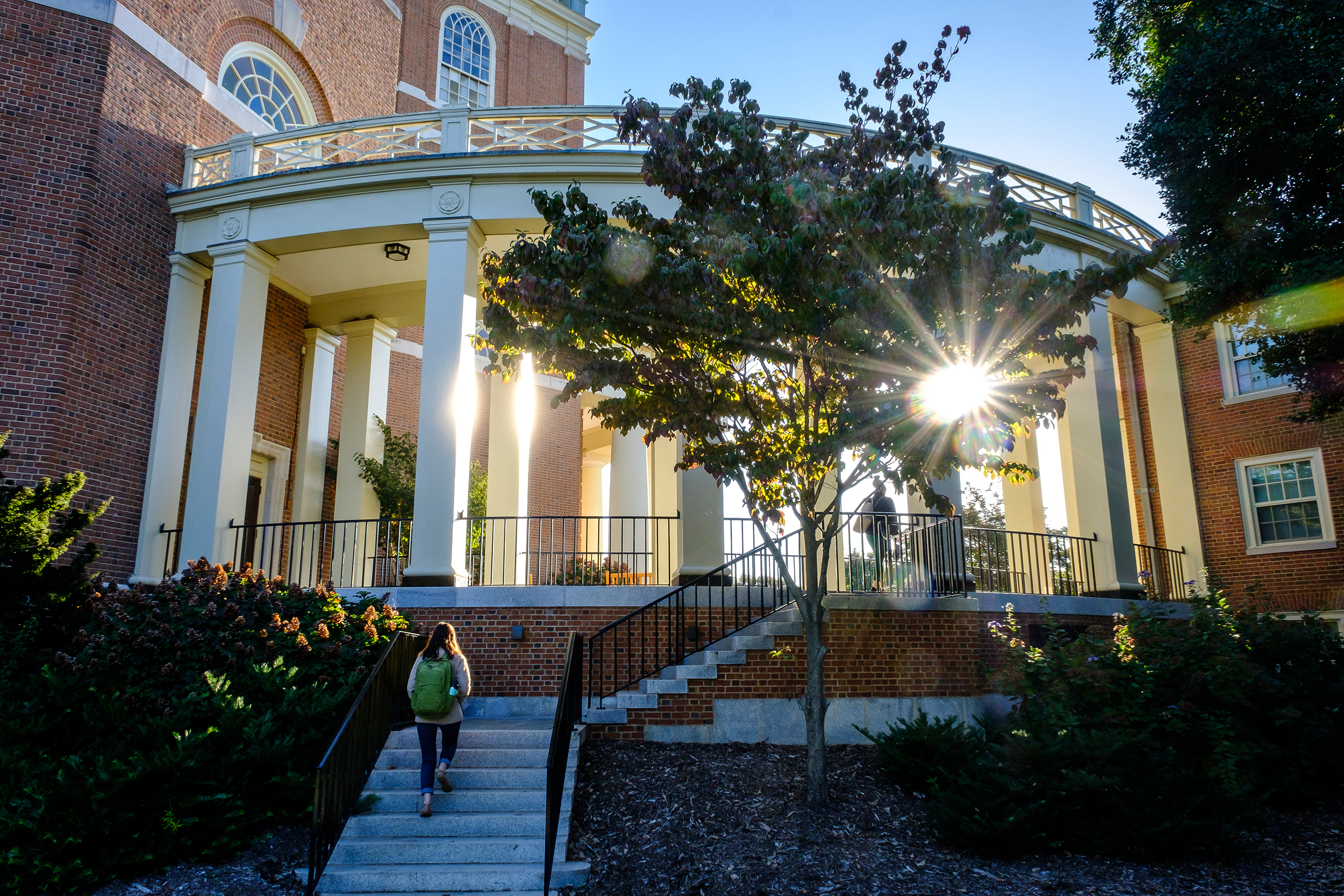Media Advisory: Online privacy and freedom of speech: what’s next for the NSA
As Independence Day approaches, many Americans are questioning their freedom of speech and expression in light of the National Security Agency (NSA) leaks scandal.
Just wait, cautions privacy expert and Wake Forest University communication professor Ananda Mitra.
Currently, the U.S. government admits to tracking factual data, such as the destination and length of phone calls and emails, in an attempt to thwart terrorist events and protect homeland security. Mitra says when the NSA starts tracking attitudinal data, such as a person’s feelings on immigration reform, abortion and gay rights, “predictive policing” and a Big Brother-type situation could come into play.
“It’s a complicated issue. The NSA can do this in America because we have freedom of expression. This would be much more difficult to do in China, where people do not have the freedom of speech and expression we have,” says Mitra, who coined the term “narbs” to describe narrative bits – thoughts and beliefs people share online and through social media (see www.narbs.info).
Mitra’s upcoming book, “Digital DNA: Manage your Narbs,” suggests that gathering attitudinal information is getting easier as our ability to collect and analyze “likes,” comments and tweets improves. As a society, we are more than willing to share our thoughts, friends and activities on social media.
Mitra says that it is very easy to map an individual’s activities and demographics, but it is much more difficult to use analytics to get into the attitudinal information.
This is changing. In a recent study supported by the Humanities Institute of Wake Forest University, Mitra and his technology collaborator gathered information from a variety of blogs related to the Arab Spring to map out the feelings of the bloggers on matters related to the countries and events of the Arab Spring uprising. These maps hold predictive value since it tells what an individual or group is thinking about an issue and what they might do. Using the same technology, it may also be possible to identify people motivated to conduct a mass shooting.
“In other words, if I have access to the story you’ve shared through your narrative bits on Facebook and Twitter, I have a much better understanding of what makes you tick,” he explained. “The NSA is catching on to this. It’s only a matter of time until they start doing what I’m doing. As the volume of information available goes up, issues of freedom will become more complicated.”
Protecting yourself from people who might be making assumptions about your attitudes is becoming more of a concern.
“If you wouldn’t stand in the middle of the street with a megaphone for everyone to hear, then some things are better left unsaid,” Mitra says. “As long as we have freedom of expression and speech, this is just the beginning of people following our digital footprints.”



